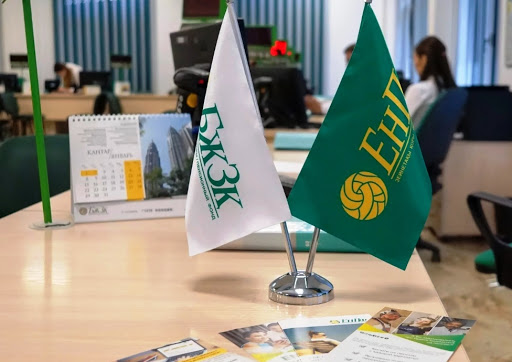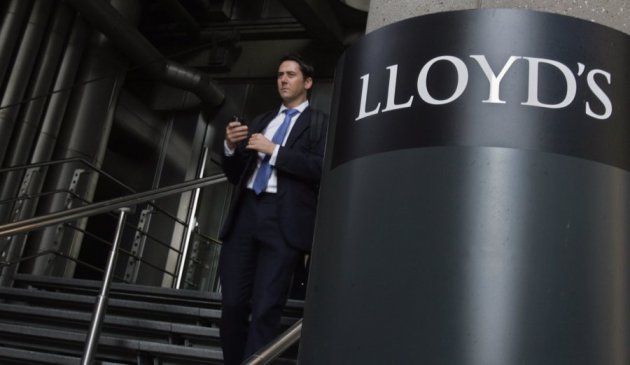- The President of the country said that 700 thousand Kazakhstanis would be able to use their pension savings for housing and medical treatment from 2021. This statement caused a mixed reaction among Kazakhstani people. How do you evaluate this idea?
- People do not believe that their money is managed by professionals; that these professionals work ethically, and precisely structured work procedures are formed in such a way that they exclude corruption and moral hazard. Secondly, it is a low return on assets of the pension system. For example, the UAPF investment income was at the level of 6.6% as of end of 2019, while the annual consumer inflation in the country was 5.4%. In the same period, the base rate was at the level of 9.0%, and the rates on deposits with a maturity of more than one month were higher than 9.0%. Thus, even on a tenge deposit in a second-tier bank, a depositor would have earned more: the real yield is 1.2% versus 3.6%. Thirdly, and this is an expert opinion, the majority of contributors to the pension system do not have enough money to provide them with a decent standard of living in retirement. Experts usually understand a decent level as the amount of lifetime payments not lower than the minimum pension.
The system of housing construction savings works to provide people with affordable housing, and, for example, Compulsory Social Health Insurance covers health services.
- What can you say about the transfer of pension savings under financial companies’ management?
- As for private managers of pension assets, this institution is really capable of returning to depositors the idea that contributions to the UAPF are not a tax but investments. We are, however, facing problems with the launch of this mechanism.
- As we have problems with the mechanism for implementing the president’s idea, will it be implemented? Some Kazakhstanis believe that the proposal to withdraw pension savings for the purchase of housing is associated with a desire to help construction companies, namely, sell expensive apartments, where the price per square meter is very high and far from the real income of the people.
- The representatives of developers have actually broadcast this idea several times in the past few months: supposedly in order to save the real estate market, it is necessary to allow citizens to use part of their pension savings for housing purchase. Explaining the motives for such a decision in his message, President Tokayev stressed that this measure "should improve labor relations and create incentives for people to participate in the pension system." It is not entirely clear what labor relations have to do with it, but the incentive for citizens to participate in the pension system is not the ability to use pension savings until the onset of retirement age but the confidence that these savings will be preserved, invested in reliable assets and will generate a stable income providing citizens with retirement decent standard of living. Earlier, I have made arguments that this mechanism does not solve this problem. Why did the president decide to choose this path? Probably, the fact is that Akorda is trying not to solve key problems (trust in the pension system, stable profitability, ensuring a decent standard of living in retirement) but to satisfy as many stakeholders as possible.
- What explains this approach?
- Only those who have participated in the decision deliberations or observed this process can answer this question exactly. On the surface, it seems that such steps could be dictated by the desire to gain more support among the population. But if this explanation is correct, it means that the president's consultants do not fully understand what is really happening in the country: it is the second year of Tokayev's presidency, his positions are clearly not threatened, a certain credit of trust has been formed, including for painful reforms.
Photos are from open sources.





